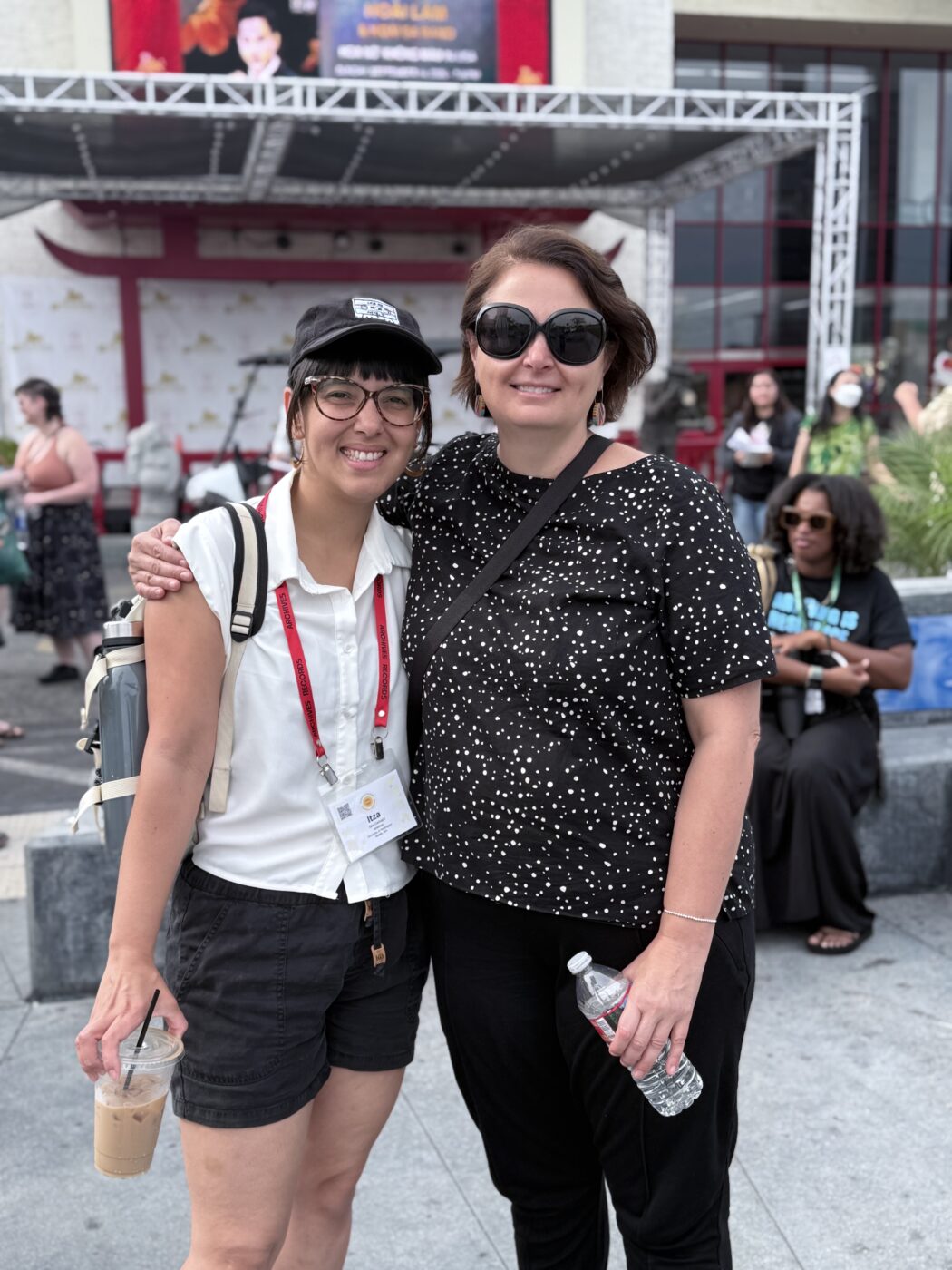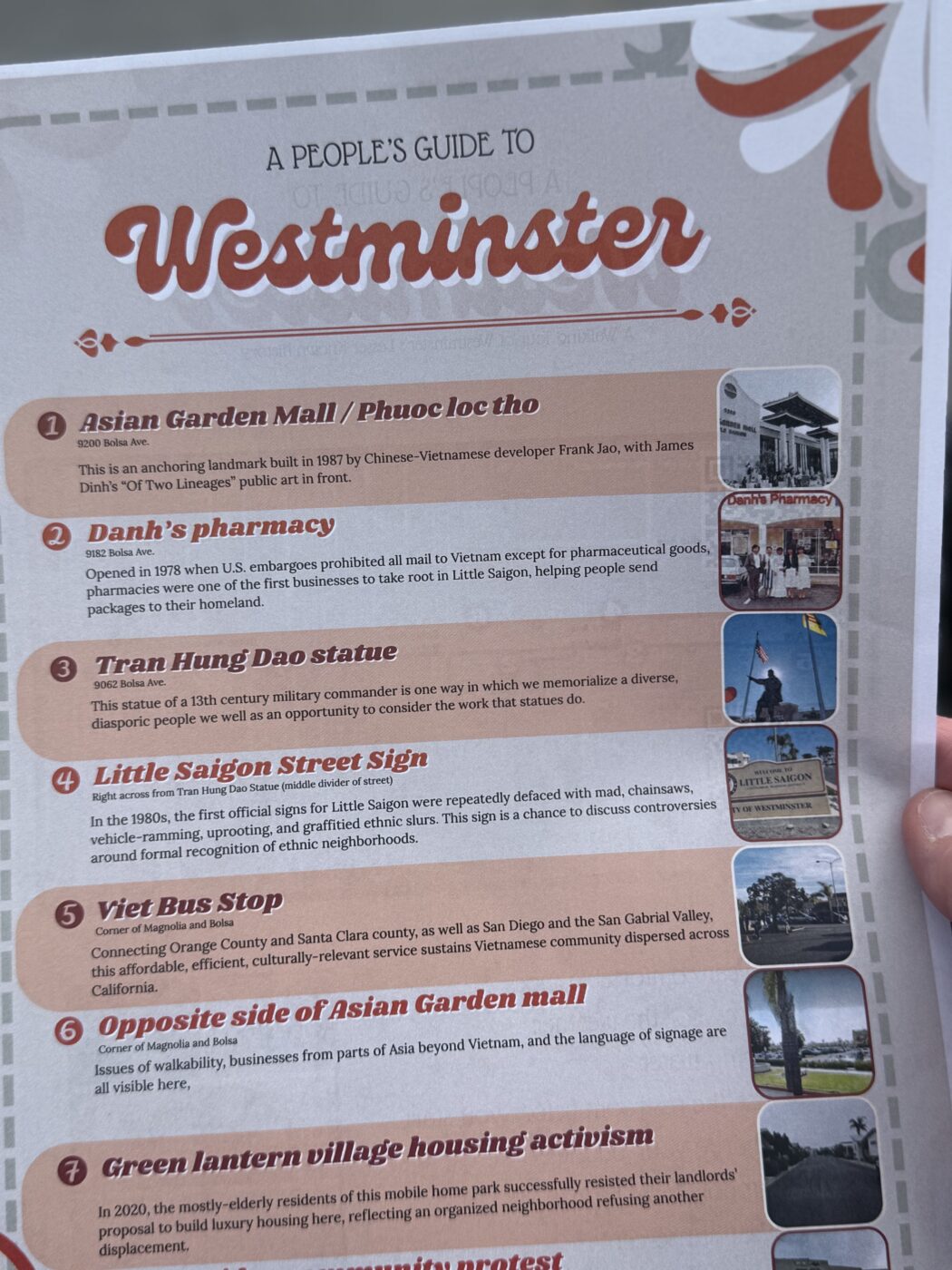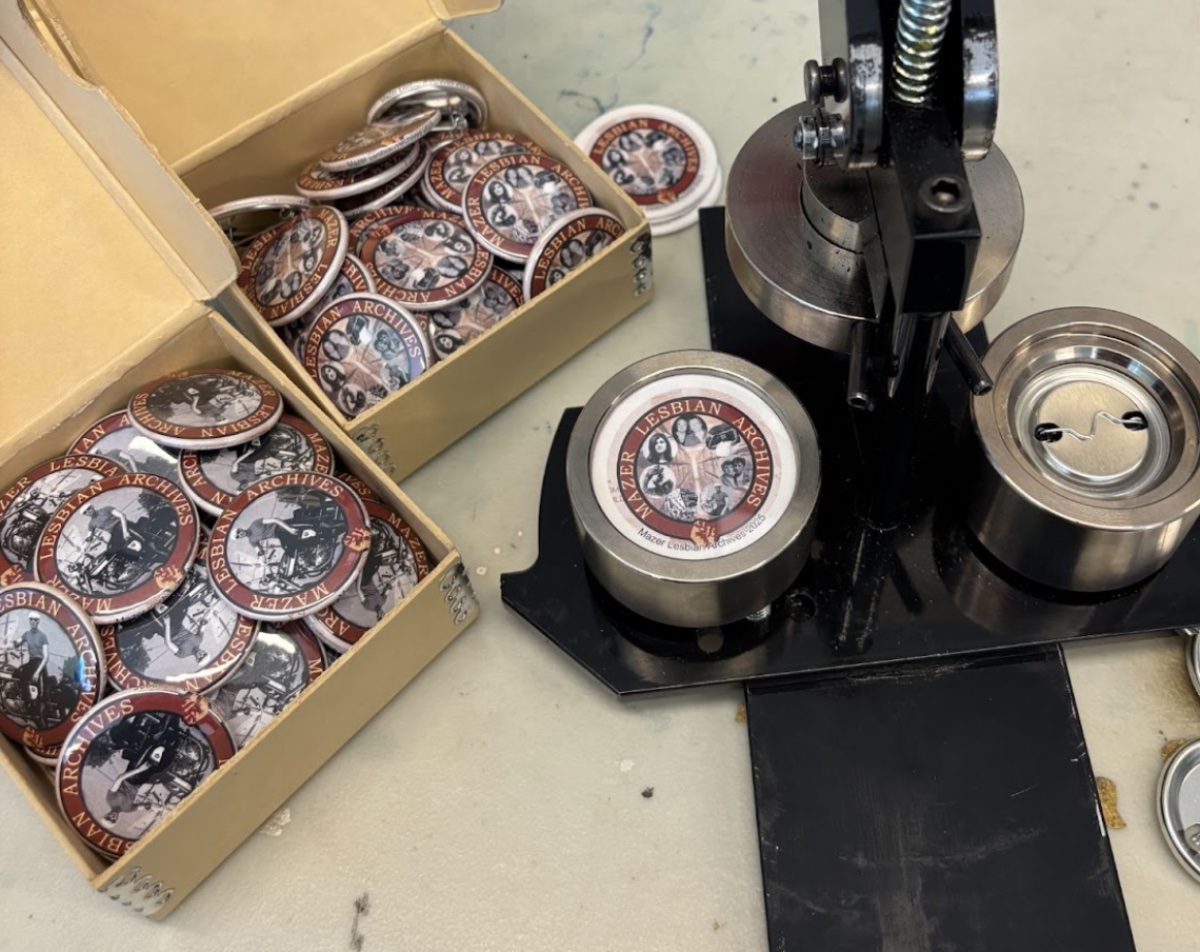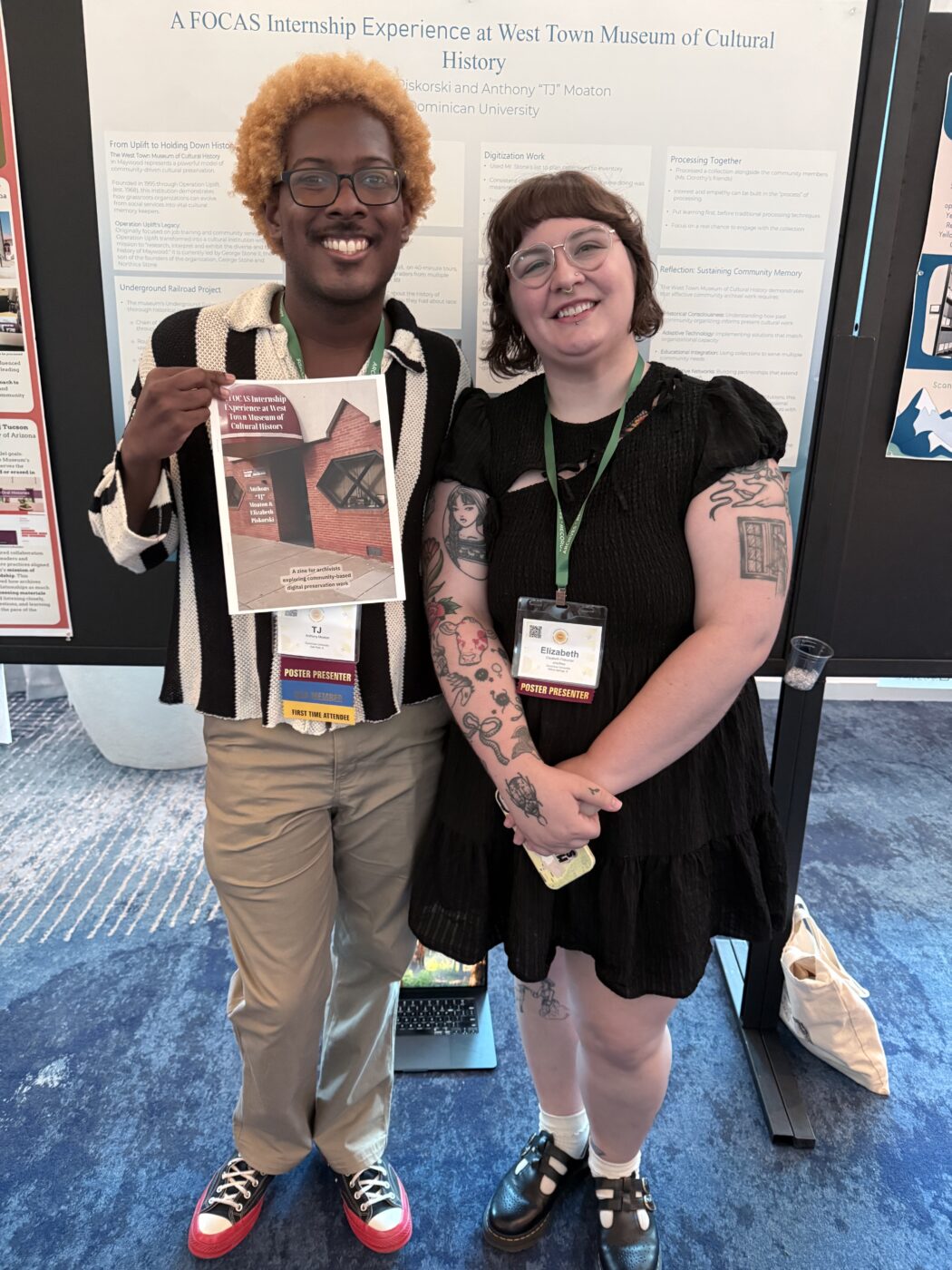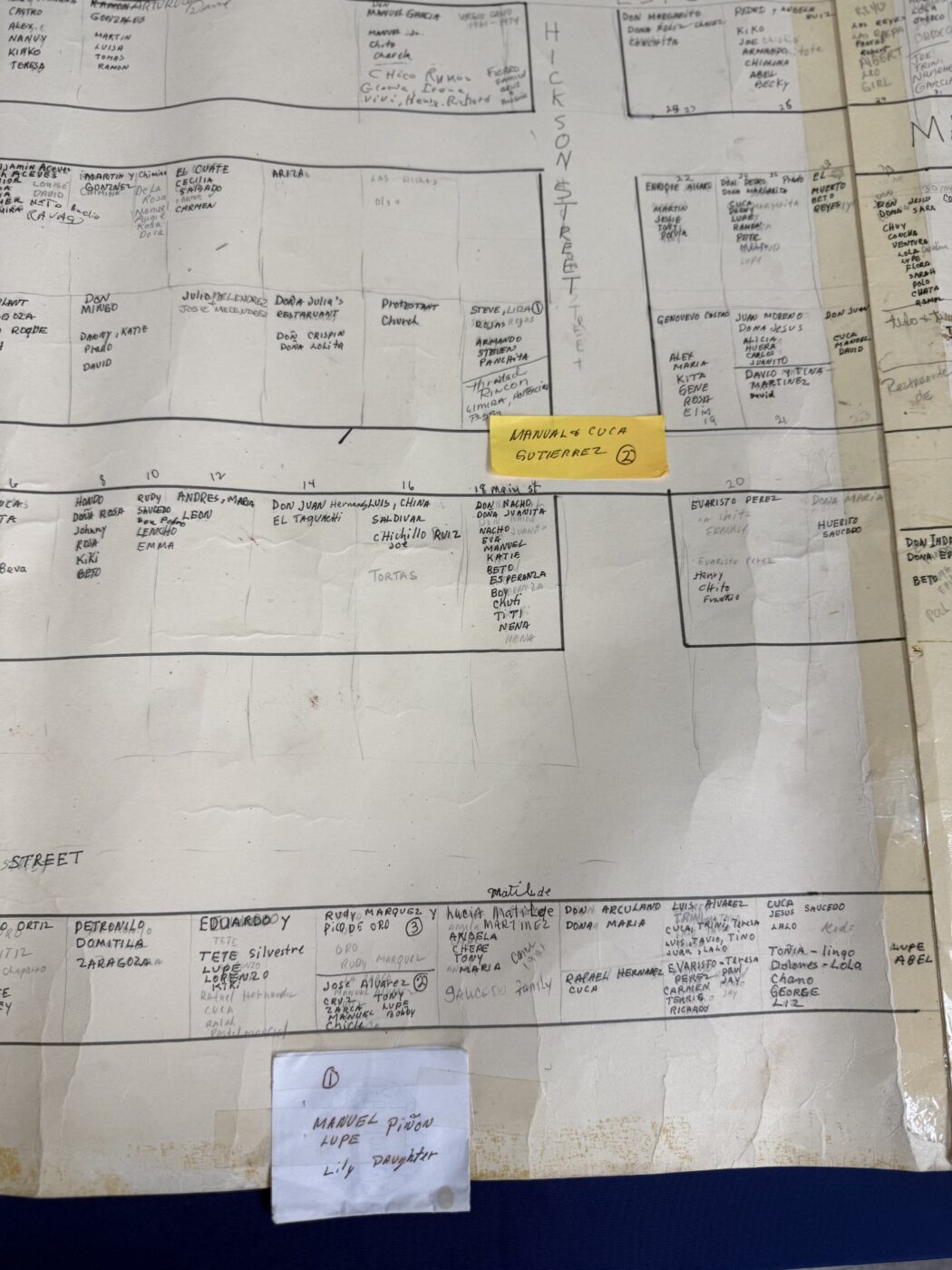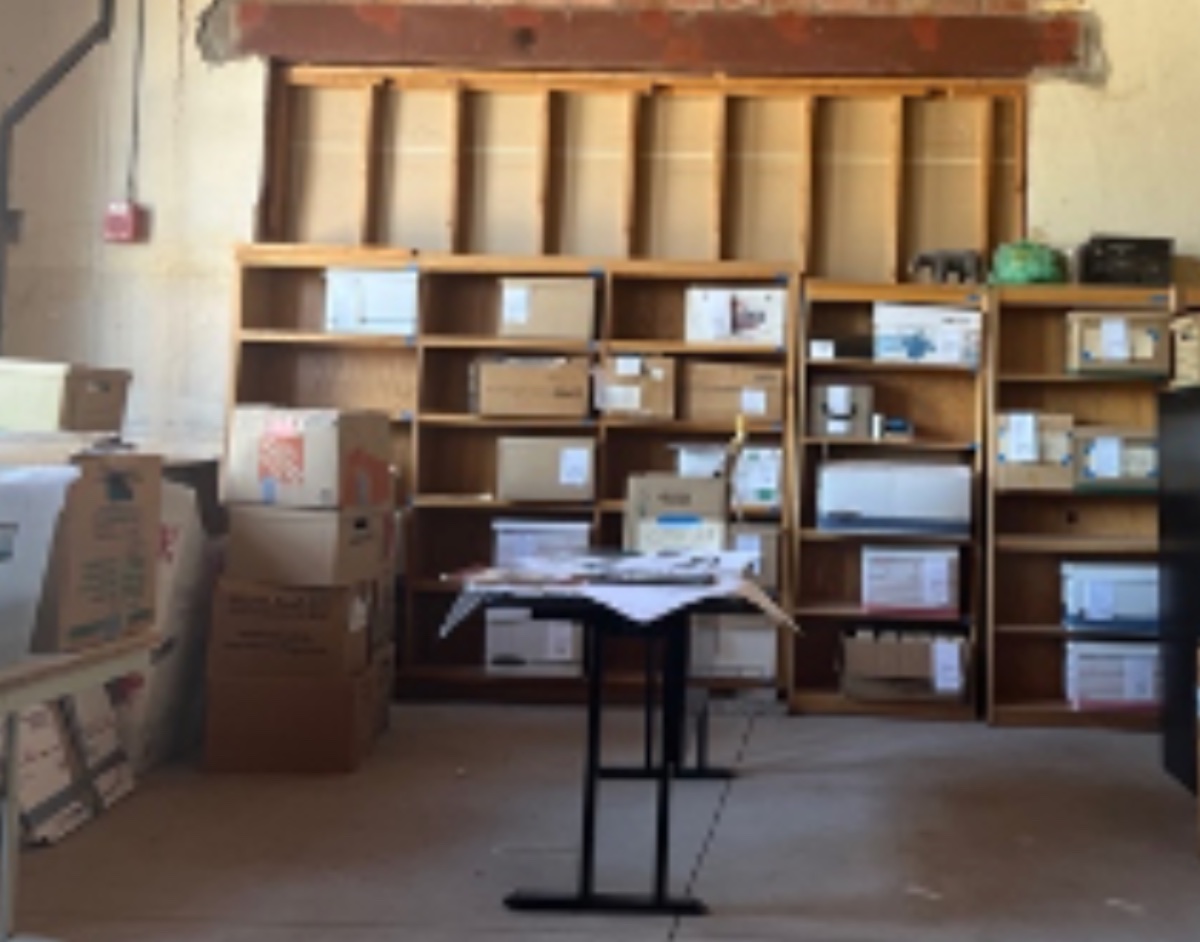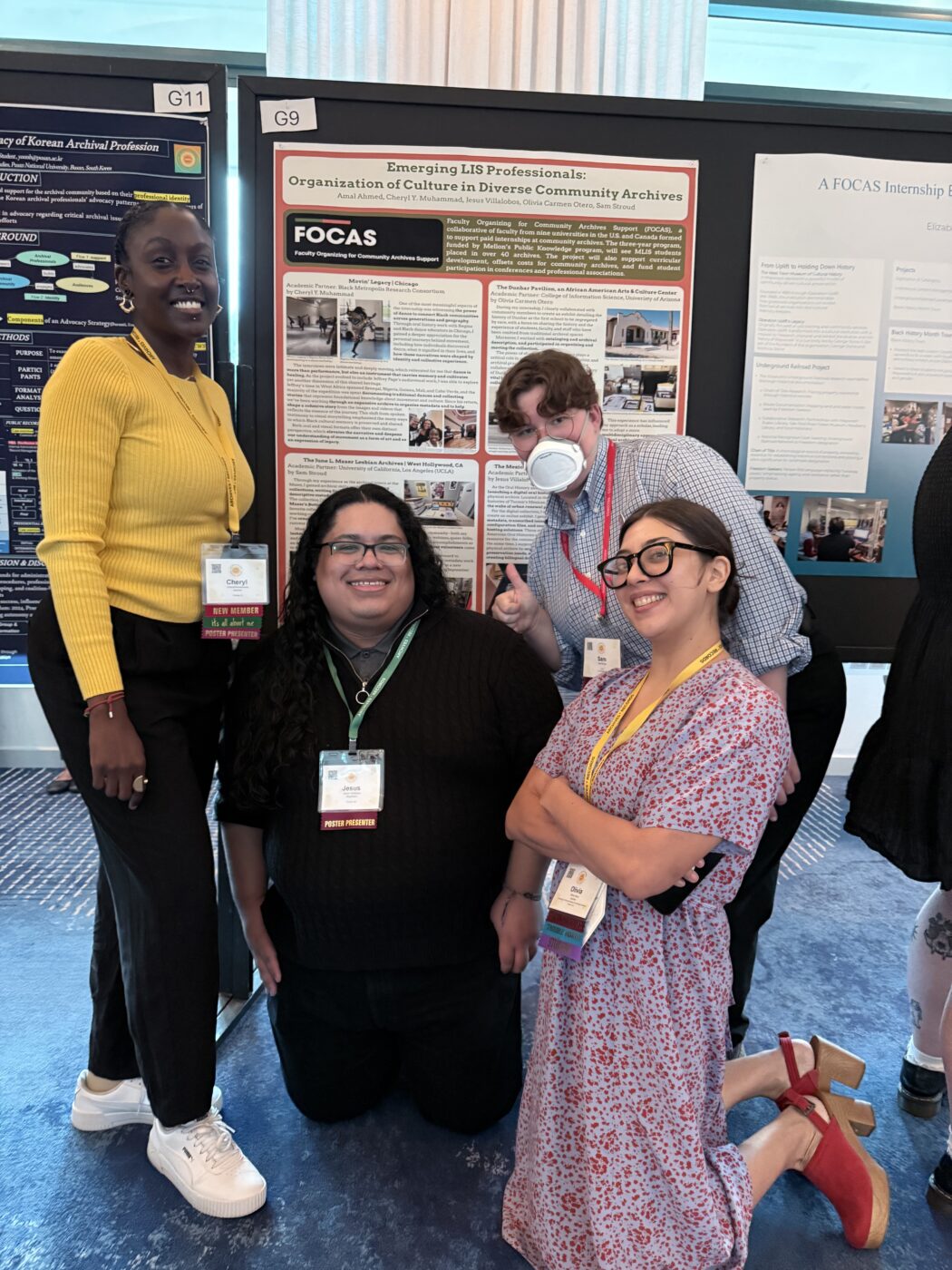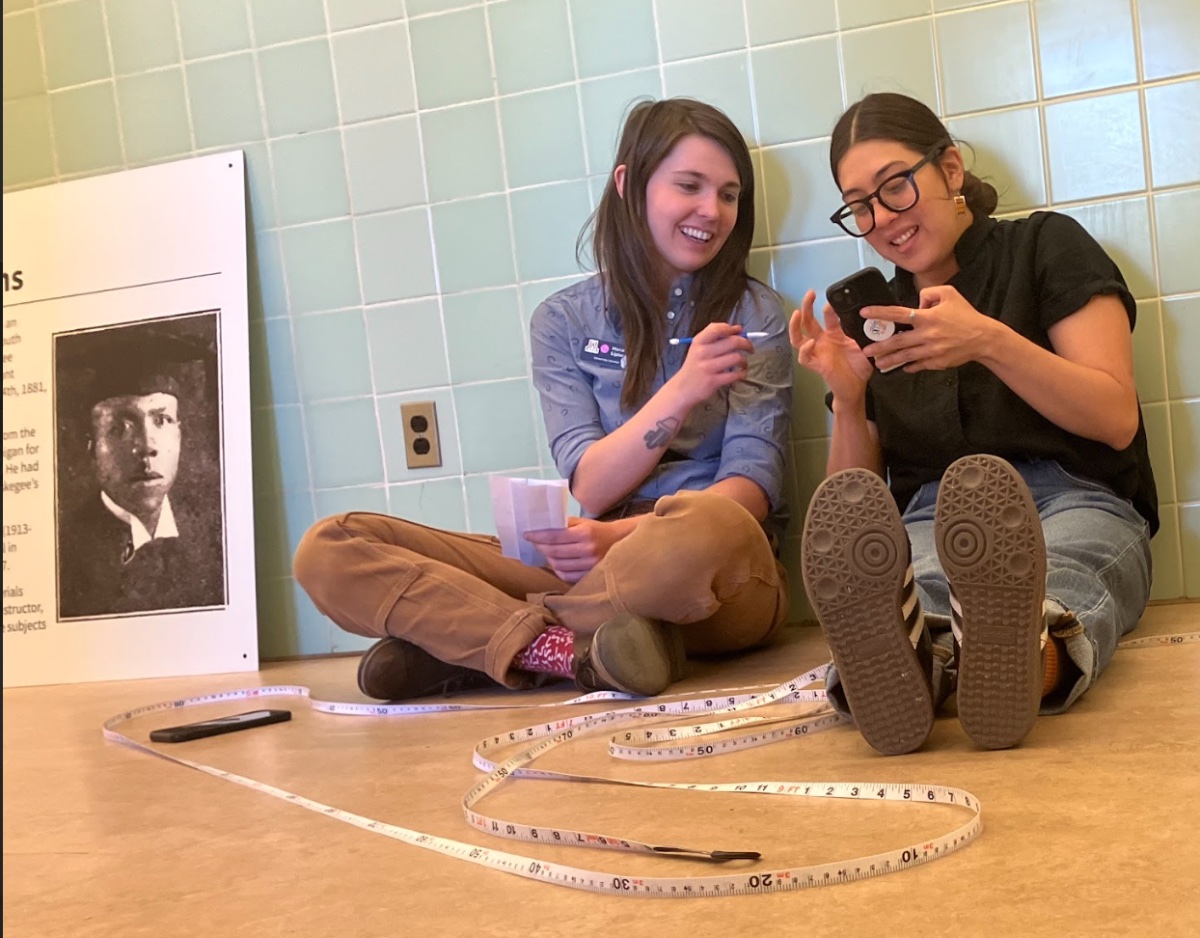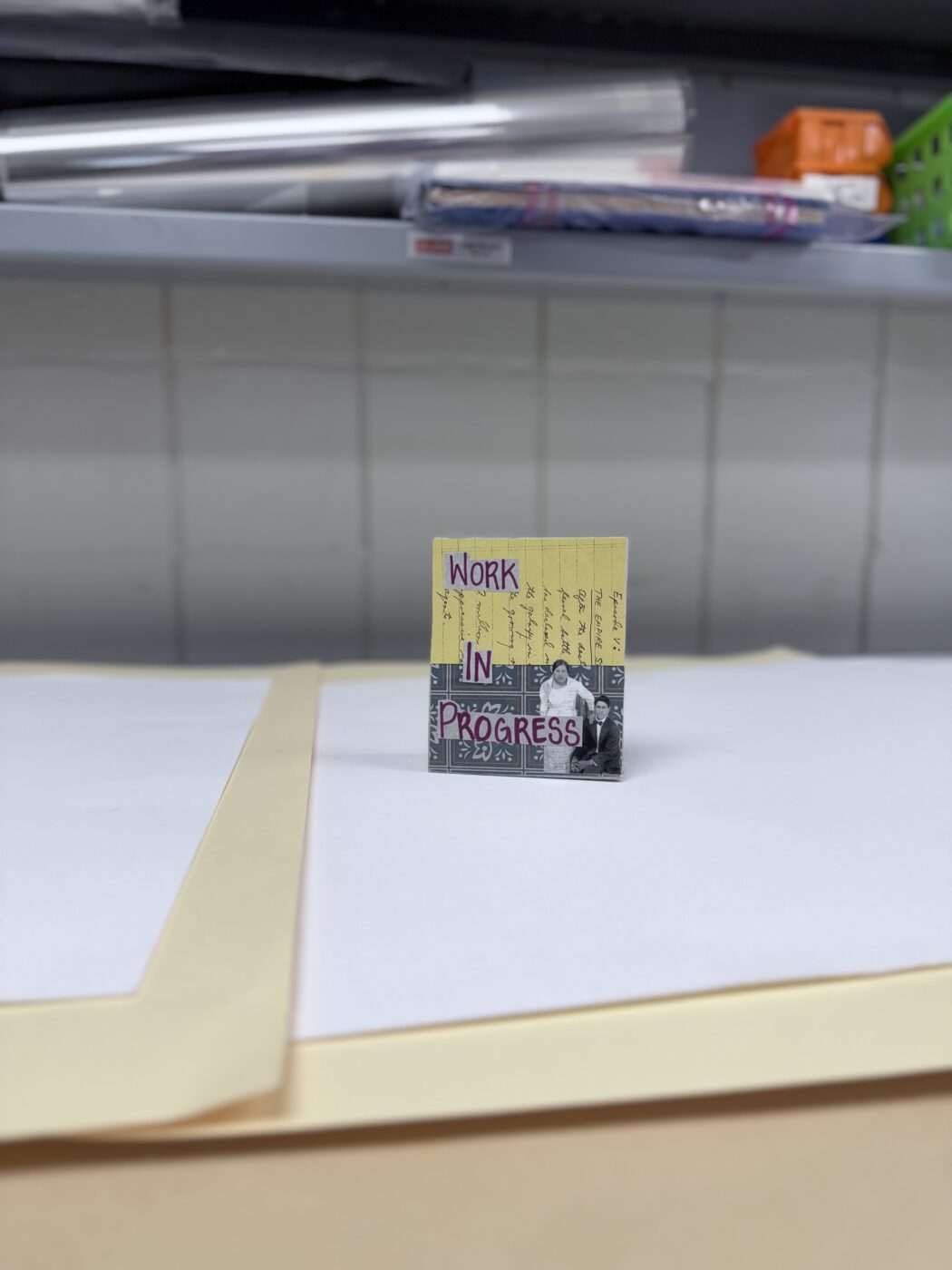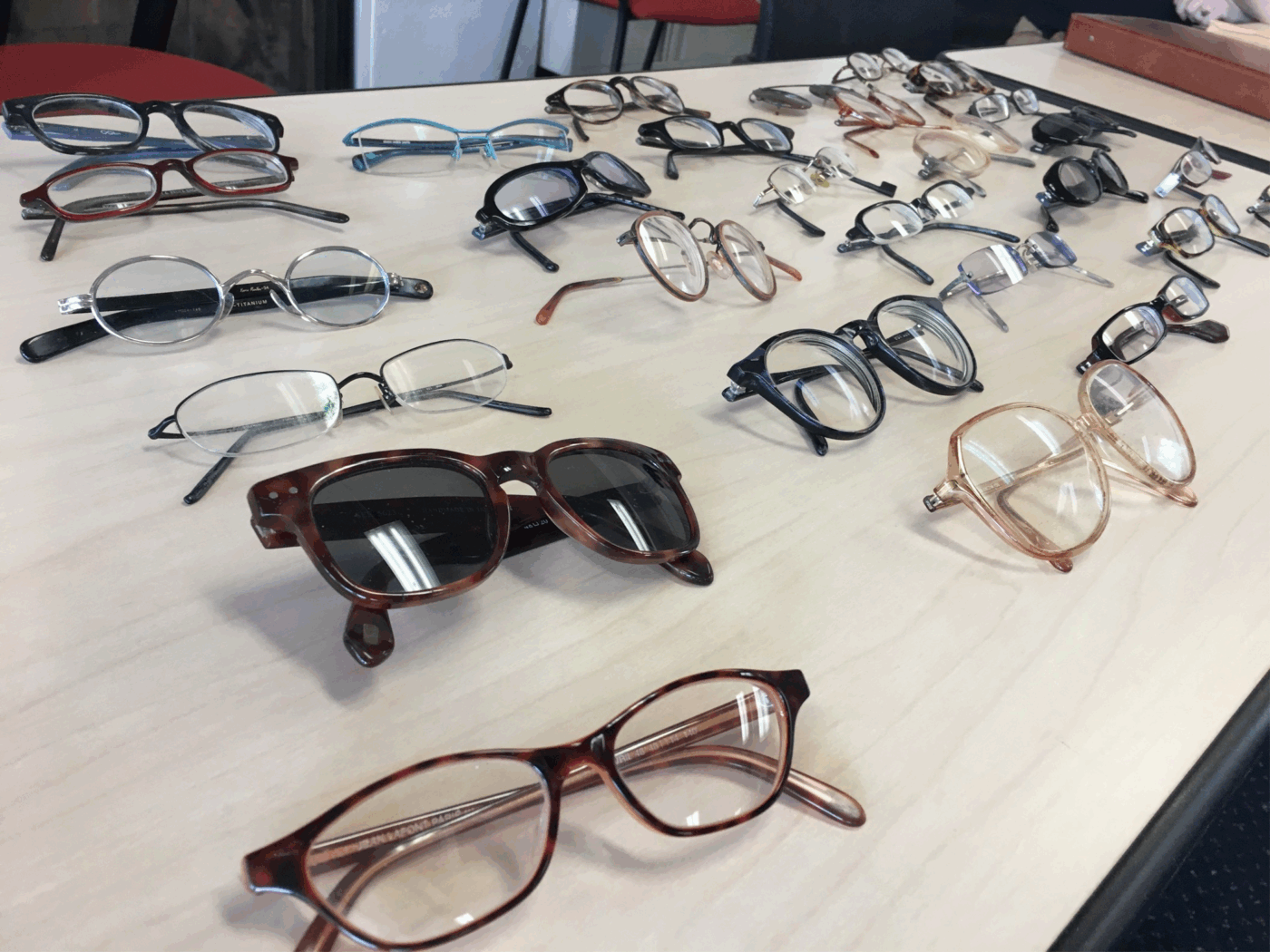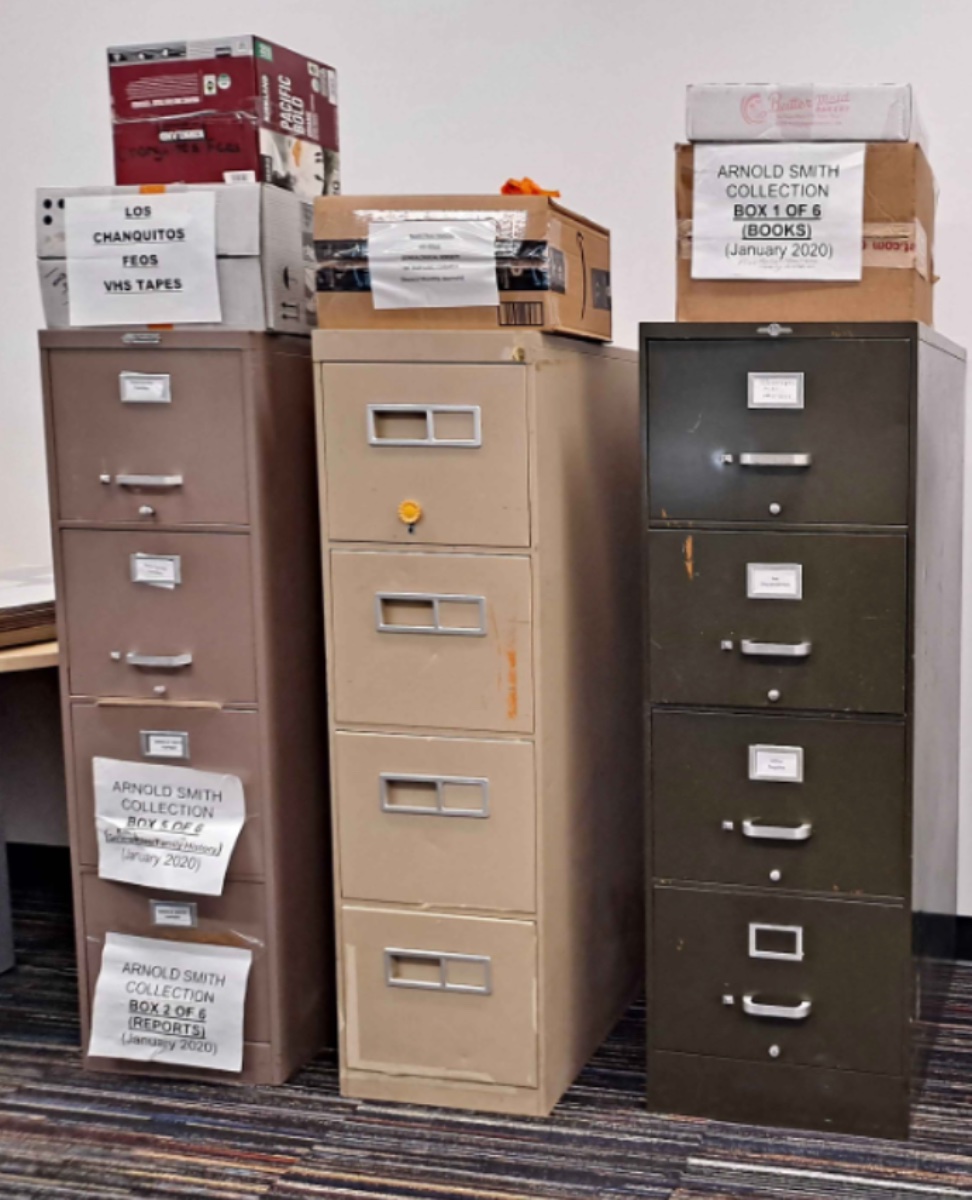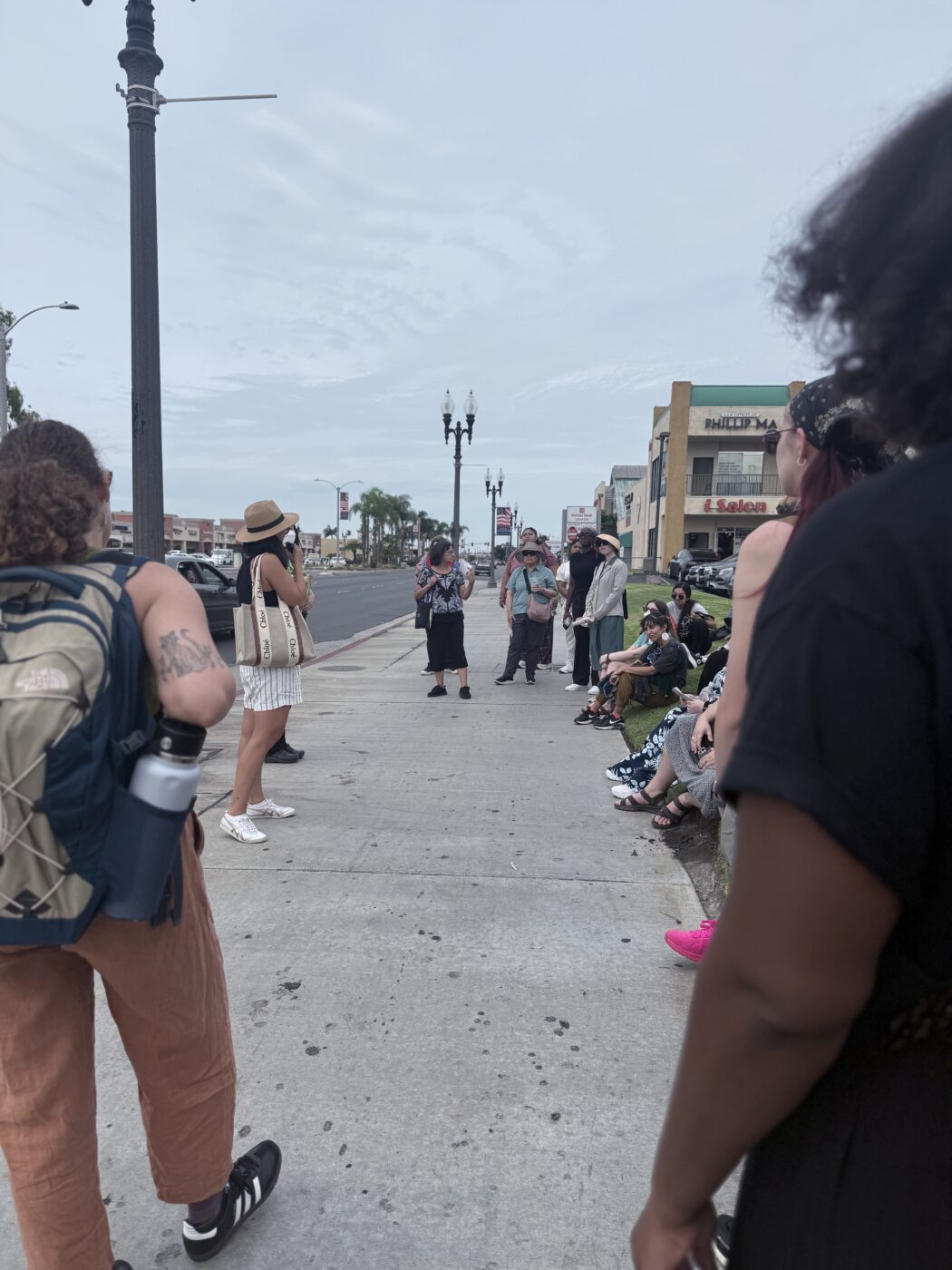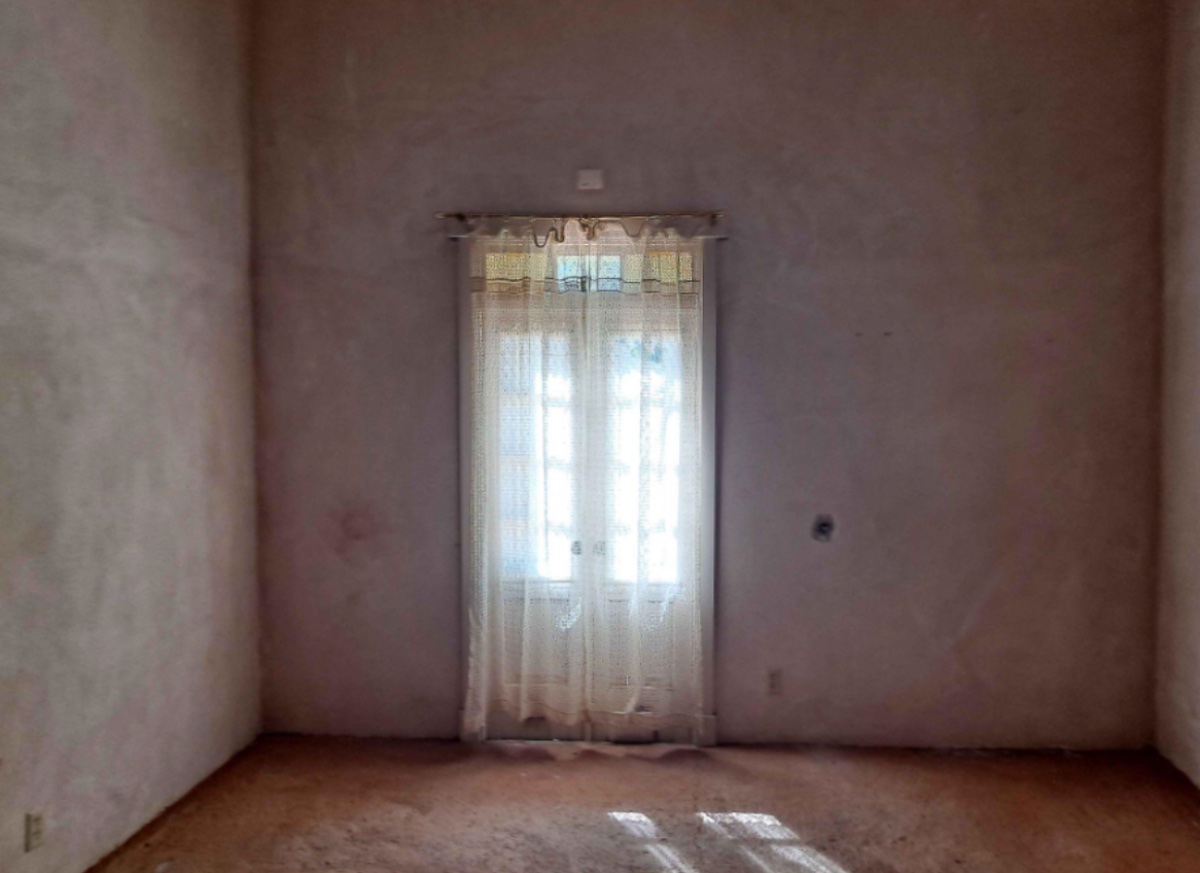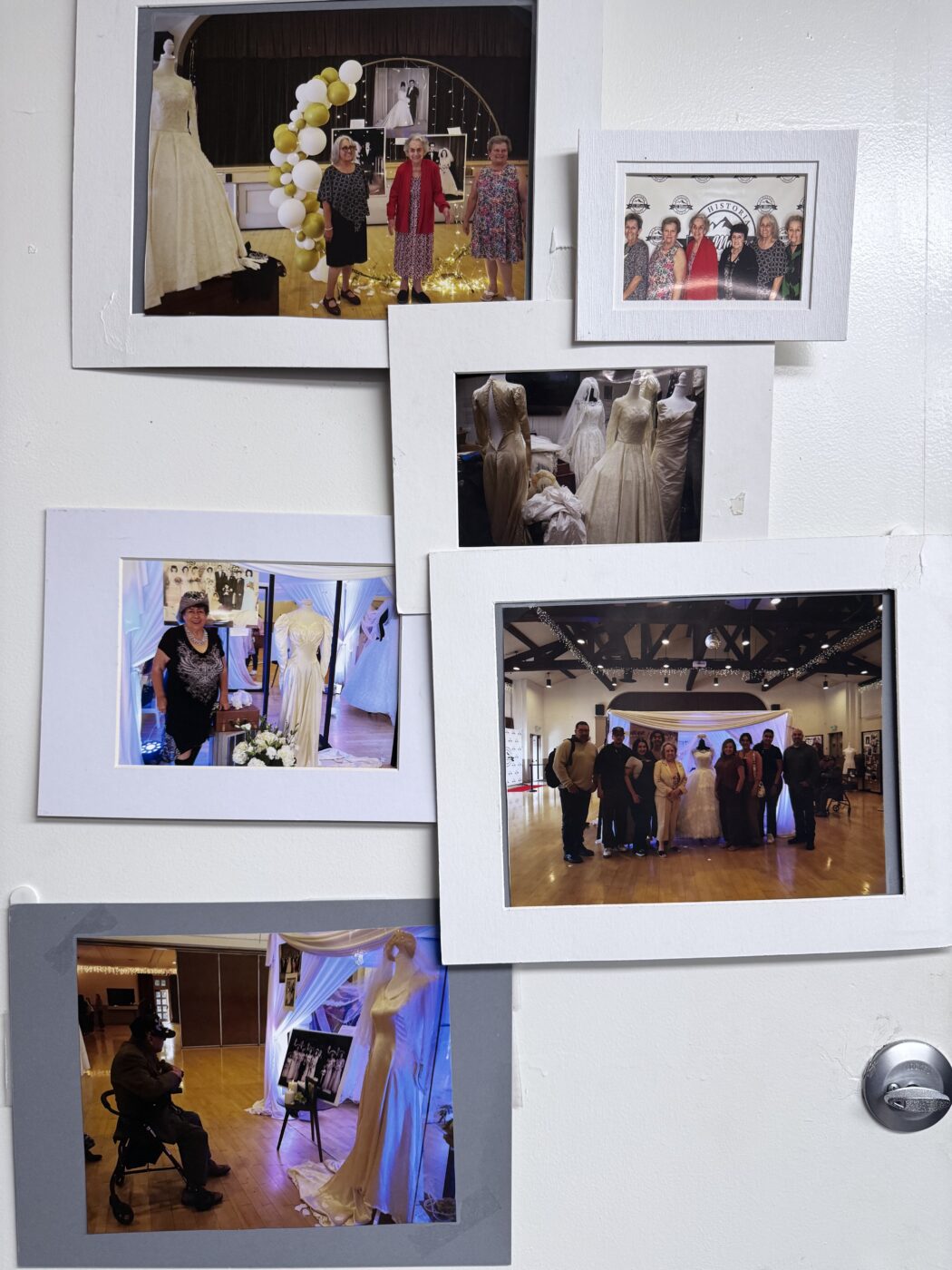By Olivia Carmen Otero, FOCAS Intern, Spring 2025 / University of Arizona
This internship experience has shaped me in ways I never could have imagined, from presenting at the Society of Southwest Archivists conference to collaborating with interns from different institutions as part of FOCAS on a graduate poster submitted for the 2025 Society of American Archivists conference. Working collaboratively has been the theme of this internship, particularly while working at Dunbar and alongside my FOCAS colleague, Hana.

This semester, we fine-tuned the narratives project that I worked on previously with Ms. Barbara Lewis, the force behind the advocacy in not only the preservation of Dunbar but also working alongside her and getting a first-hand experience into not only the behind-the-scenes work it takes in the development of preserving and archiving materials but also talking about what they mean to the community and how much representation matter in collections. The power of sharing lived experiences plays a critical role in conversations around preservation and archival practices, such as preserving collective memory, when we learn about underrepresentation or the misrepresentation within archival collections connected to GLAM institutions (galleries, libraries, archives, and museums).
This semester, we were busy as we relocated the entire Dunbar Collection to prepare for preservation work in the room where the archival collection will be housed. We completed the first phase of an ongoing exhibition project that showcases Dunbar’s history in Tucson, highlighting the lives of those who walked the halls and shared the rich history of the school, students, and teachers. We created an installation plan for the exhibit that we developed, which will be installed along the hallways of Dunbar. I would like to take this opportunity to acknowledge my FOCAS Intern colleague, Hana, who not only expanded my knowledge of 3D software (SketchUp) to create a model for a museum-level exhibition but also demonstrated creativity in approaching this work, making it truly enjoyable. It’s not every day that you get to work so well with someone and build a friendship that I know will continue far beyond our time with FOCAS.

Additionally, we collaborated with other museum professionals regarding installation. We were also guided through the process by our excellent PI, Berlin Loa, who helped us execute this project successfully and create a foundation for anyone coming into Dunbar with the necessary information to continue this work, which is now more critical than ever. The next phase of the community archive at Dunbar will focus on the inventory that Hana and I both helped complete. Dunbar is now closer to the next step in the early stages of archival processing, which will create a pathway for the archives to be housed in their permanent home.

